In a recent statement, Sunday Dare, the Special Adviser to the President on Media and Public Communications, declared that Nigeria’s economic policies under President Bola Ahmed Tinubu are bearing fruit. Dare highlighted key indicators of this success, including a remarkable $16 billion trade surplus, growing foreign reserves, and a surge in investor confidence. These achievements, he argued, reflect the administration’s bold and strategic approach to repositioning Nigeria as a formidable economic powerhouse in Africa.
Dare credited the economic upturn to decisive reforms initiated by President Tinubu, which have stabilized the financial sector, enhanced regulatory transparency, and made Nigeria a more attractive destination for global investment. “President Tinubu has taken decisive steps to stabilise the naira, curb inflation, and boost production. As a result, global investors are paying close attention,” he said. Among the standout policies are the unification of exchange rates, deregulation of the petroleum sector, and fiscal tightening—measures that have collectively strengthened Nigeria’s economic foundation.
The unification of exchange rates, a long-debated reform, has streamlined currency markets, reducing distortions and fostering predictability for businesses. Similarly, the deregulation of the petroleum sector has begun to dismantle inefficiencies, paving the way for increased private-sector participation. Fiscal tightening, though challenging in the short term, has instilled discipline in public spending, ensuring resources are channeled toward sustainable growth. These reforms, Dare noted, are not mere rhetoric but are delivering tangible results.
Beyond policy specifics, the administration’s efforts to eliminate bureaucratic bottlenecks have significantly improved the ease of doing business in Nigeria. This has unleashed new opportunities for both local and foreign investors. “We are now seeing a shift: more Nigerian businesses are becoming competitive in global markets, and international investors recognise the potential for long-term growth,” Dare emphasized. The $16 billion trade surplus underscores this progress, driven by robust export performance in agriculture, oil, and manufactured goods.
Dare’s optimism is grounded in data: rising foreign reserves signal resilience against external shocks, while increased capital inflows reflect trust in Nigeria’s economic trajectory. As the country continues to shed its overreliance on oil and diversify its economy, these policies are positioning Nigeria as a leader in Africa’s economic resurgence. For an administration often scrutinized, these outcomes offer a compelling narrative of progress—one that Sunday Dare believes will only strengthen with time.

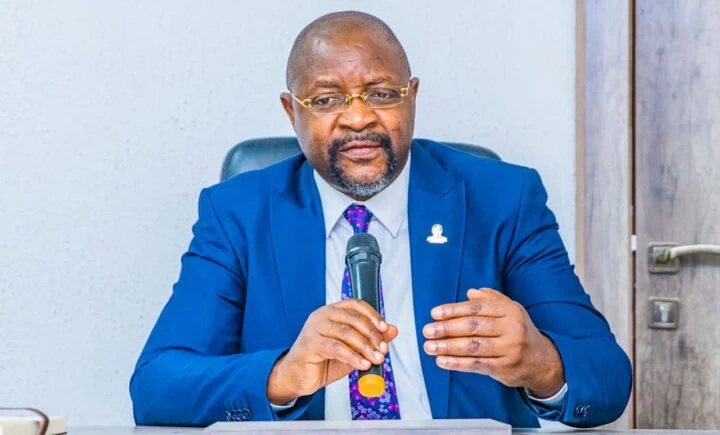





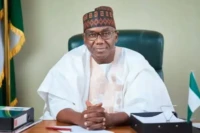

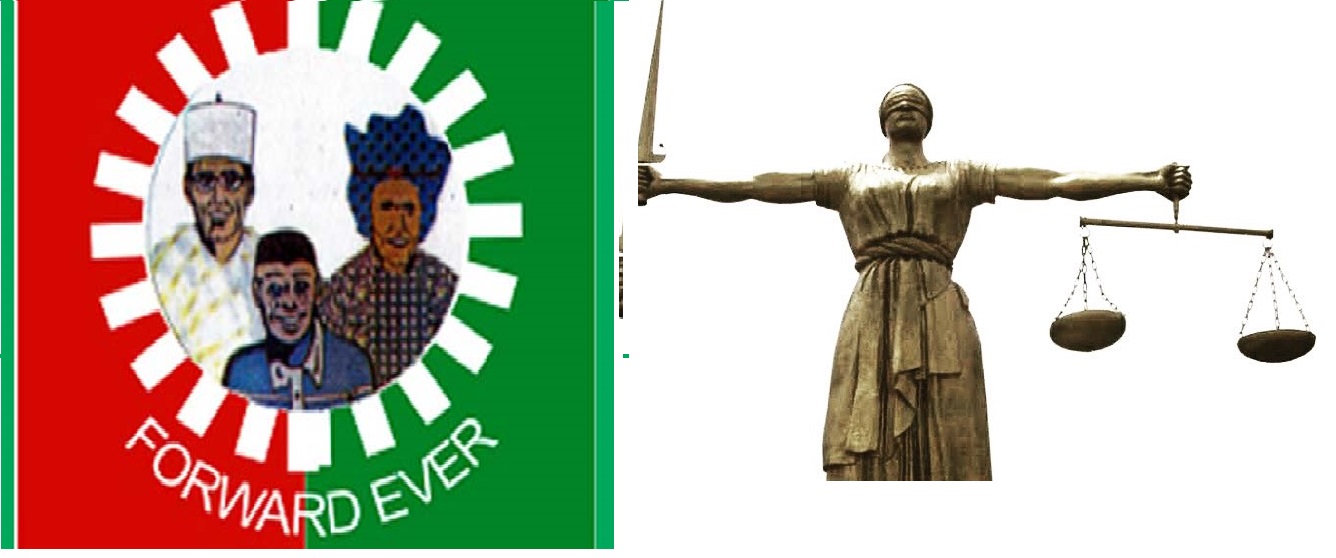
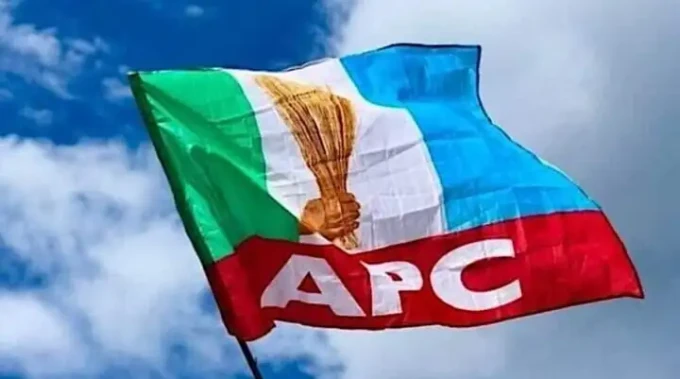
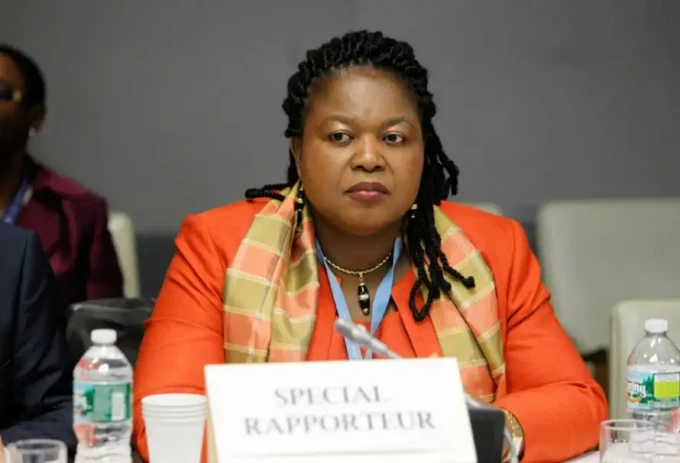
Im not convinced. The reality on the ground doesnt match the rosy picture painted by the presidential aide. Lets discuss!
I dont buy it! The economic policies may look good on paper, but wheres the real impact on the average Nigerian? Show me the proof!
Im not convinced. The economic reality on the ground doesnt match the presidential aides claims. Lets dig deeper.
Hmm, Im not convinced. I mean, sure, things might be looking up, but lets not ignore the challenges still facing Nigerias economy.